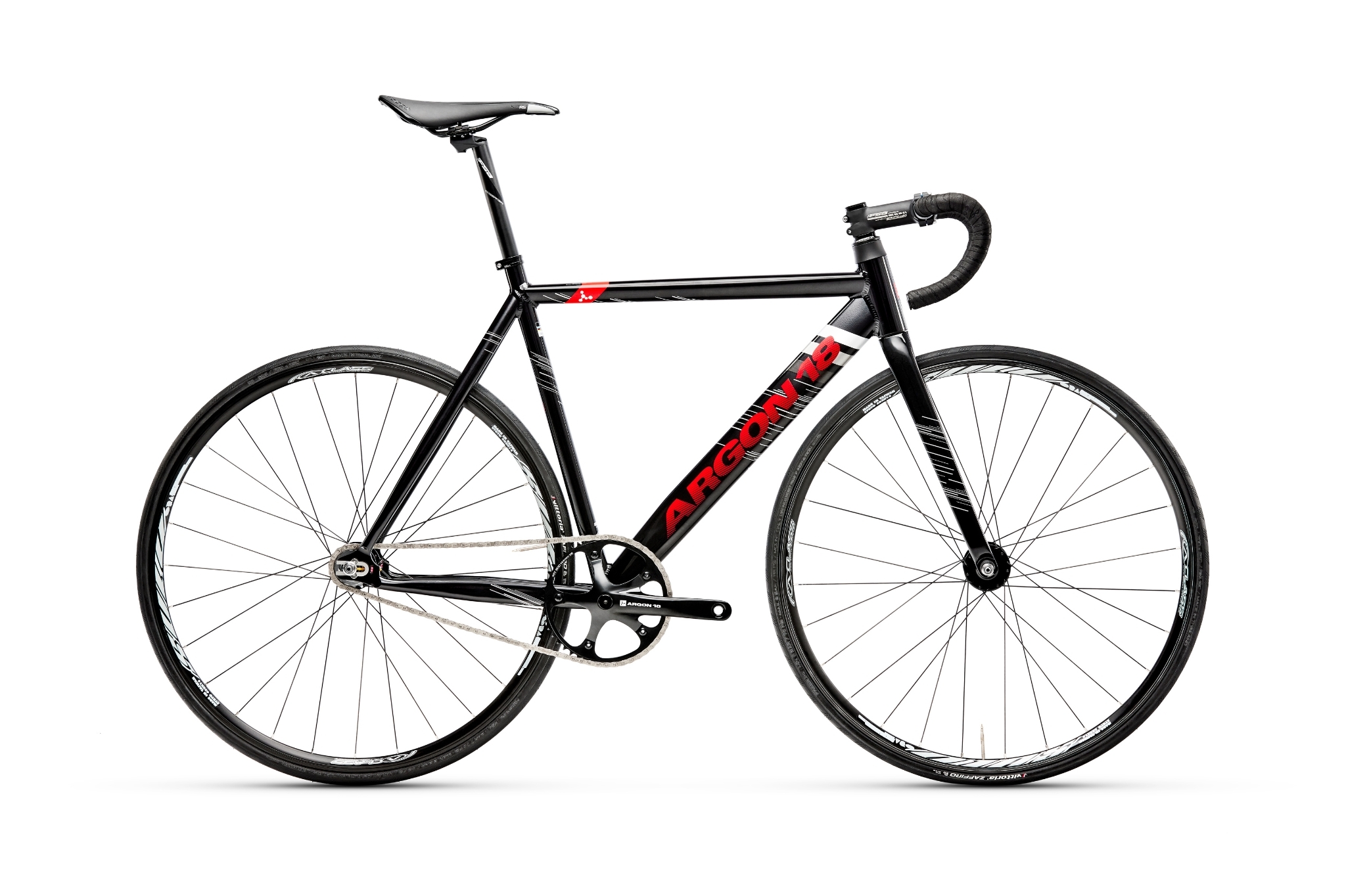Cycling Resolutions: New Year’s Goals with Mark Beaumont
Welcome to 2023! It’s new year’s resolution time, when we often set our training, racing, or adventuring goals for the season. We spoke with Mark Beaumont about goalsetting, how to stay on track, and why being kind to yourself matters.



Argon 18: Is it important to set goals early in the year?
Mark Beaumont: I think one thing to remember about new year’s goals is that everyone starts the year rested, with big ideas, big ambitions – and then life takes over. The perspective you have when you’re rested and reflective is different from the reality of life. So people struggle with that reality when it hits, and if they get off track with their goals, it feels like failure.



A18: What’s the best way to set yourself up for success?
MB: People often define goals as events or achievements they’re working toward, which is ok, but I like to challenge myself to see it differently. For me goals aren’t so much about picking out one or two big events throughout the year. Goals are about a sense of identity: who you are and who you want to be. There may well be certain milestones that become important to you, but when you start to define your goals as part of who you are as a person, you start to define them by what you do every day instead of an event or moment in time. If you say on January 1st, I’m going to do an Ironman this year, or a sportif, and then you get disillusioned by March because of other demands from family, work, whatever, your goals can quickly feel unattainable.
If your goals are defined as outcomes, it’s often hard to join up your day-to-day reality with that outcome. But if you set your goals as inputs, they become part of that sense of identity. When you ask, ‘who do I want to be as a person, what’s important for my wellbeing, how does it connect with my family and friends’, you’re going to end up with goals that fit into your routine and lifestyle, and also let you take on those big events you may be dreaming about. Those types of goals are far more realistic.
A goal is an input, not an output: what are you going to put in your schedule that will help your overall wellbeing? We’re creatures of habit, and once you build a habit you can add those milestones or events naturally. I’d much prefer new year’s resolutions to be simple things: I’m going to get up a bit earlier, I’m going to do mobility work every day. I’d suggest people define their goals realistically as the things they can do every day, not something they’ll knock down in six months’ time.



A18: Once you have those goals set, how do you stick to them?
MB: It's important to build a level of accountability and camaraderie. Share your goals with your partner, with your friends, even if they’re not directly involved. If you make a plan and don’t say it out loud, it often doesn’t happen. Telling someone else helps you rationalise how you’re going to do what you want to do.
Getting other people involved is really key. Back in 2020, every Thursday I went for a hill ride with a group of buddies. We did it less in 2021 – we all got distracted by everything that was going on in the world, family, work, etc., but I got back in touch with them recently and said how much I value the act of getting together, and finding that equilibrium in a busy life. I asked if we could get back to what we were doing, because it held at lot of value for all of us. If I wanted to purely hit a performance goal, I’d spend that time on the trainer. But being with those friends was far more valuable for me.
So that’s a good example of a goal that is a process or routine, not an outcome. And it carries accountability from others with it. Nobody’s tough enough to do everything by themself. You will have moments of doubt or loss of motivation – everyone does. If you make sure you’ve got that kinship around you, other people are going to remind you why it’s important.



A18: What should you do when things go off track?
MB: Being kind to yourself is really important. I think a lot of people become absolutist: I’m going completely dry, or I’m going to train like a lunatic. If you take anything to the extreme you can fall off track and find it very hard to get back on. Again, it’s really important to be realistic and share goals with the people around you. It comes back to that sense of identity: if you see yourself as a certain type of person, if you have that self-awareness, it helps keep you accountable.
There’s one trick I have for keeping things on track, or rather more a perspective than a trick. I’m very much a list guy. I like to check things off, I like projects and I’m process-driven. But I used to count my days by what I didn’t get done. I was really bad at setting myself up for failure, because there’s always something that doesn’t get done. Now I’ve changed that so I take the time for a bit of reflection at the end of the day, time to acknowledge what I did get done.
Another good way to stay on track is to recognise that the things that are hard to commit to there are the most important things to do first. We’re all guilty on Monday morning of clearing the easy emails and leaving the hard ones. Try to stop and ask yourself, what are the tasks today that will give me the most momentum, what will feel like progress. You quickly realise that the jobs you usually put off are not that bad once you knuckle down to them. Beating yourself up about them is much harder.
Everyone likes to talk about how busy they are, but if you stop and ask yourself what’s important and am I doing the hard jobs first, if you acknowledge what you did get done and not what you didn’t, you’ll stay on track.



When we think about new year’s resolutions, we’re often told that it’s all about discipline. But I’d like to call out that we’re all human, and being kind and realistic is often far more effective than being hardcore. We’ve all got multiple priorities in our lives. Acknowledge the multiple things that are competing for your interests. Look after yourself and you will create a positive influence on those around you. Set goals that will make you happy and productive, and it will influence others – and they in turn will help keep your goals on track.
Interested in more mental training tips? Check out Mark’s new book with GCN, The Complete Guide to Cycling Psychology
























